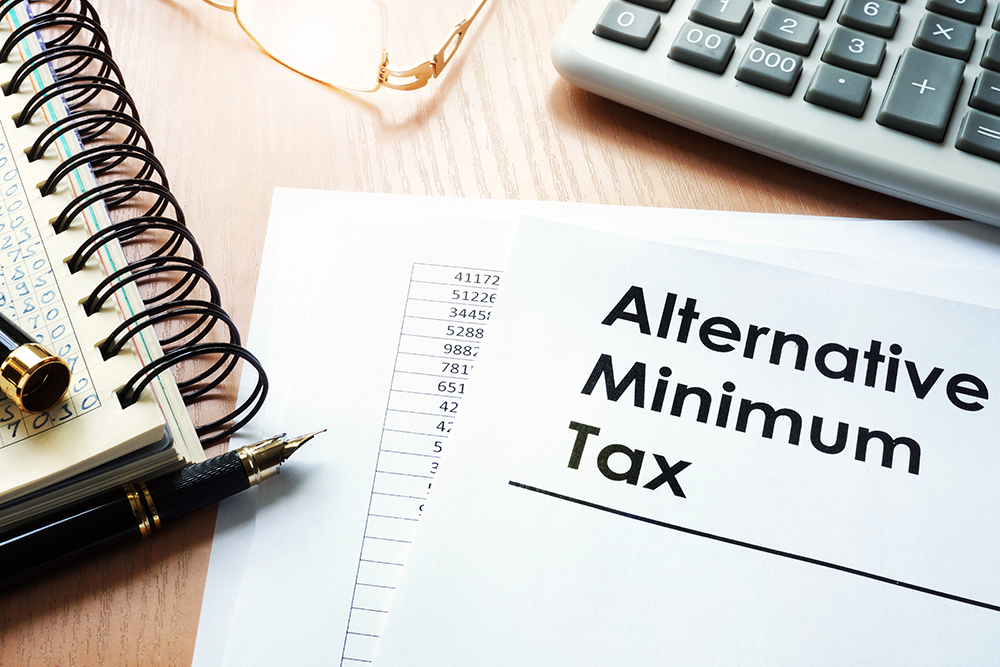SUBSCRIBE
Enter your Name and Email address to get
the tax guide delivered to your inbox.
Please include name of person that directed you to my online tax guide so I can thank them personally.

THE CORPORATE AMT IS GONE
The corporate Alternative Minimum Tax (AMT) is history. However, businesses can still receive credit for previous AMT payments that exceed their regular tax liability through 2021.
If the taxpayer claims 100% bonus depreciation, the first-year limit is $18,000, while the limits for the other years remain the same. However, computer or peripheral equipment placed in service after December 31, 2017 is excluded.
Enter your Name and Email address to get
the tax guide delivered to your inbox.
Please include name of person that directed you to my online tax guide so I can thank them personally.
Enter your Name, Email Address and a short message. We'll respond to you as soon as possible.
Ronald L Tharp, PC and LTM Marketing Solutions, LLC are unrelated companies. This publication was prepared for the publication’s provider by LTM Marketing Solutions, LLC, an unrelated third party. Articles are not written or produced by the named representative.
The information and opinions contained in this web site are obtained from sources believed to be reliable, but their accuracy cannot be guaranteed. The publishers assume no responsibility for errors and omissions or for any damages resulting from the use of the published information. This web site is published with the understanding that it does not render legal, accounting, financial, or other professional advice. Whole or partial reproduction of this web site is forbidden without the written permission of the publisher.